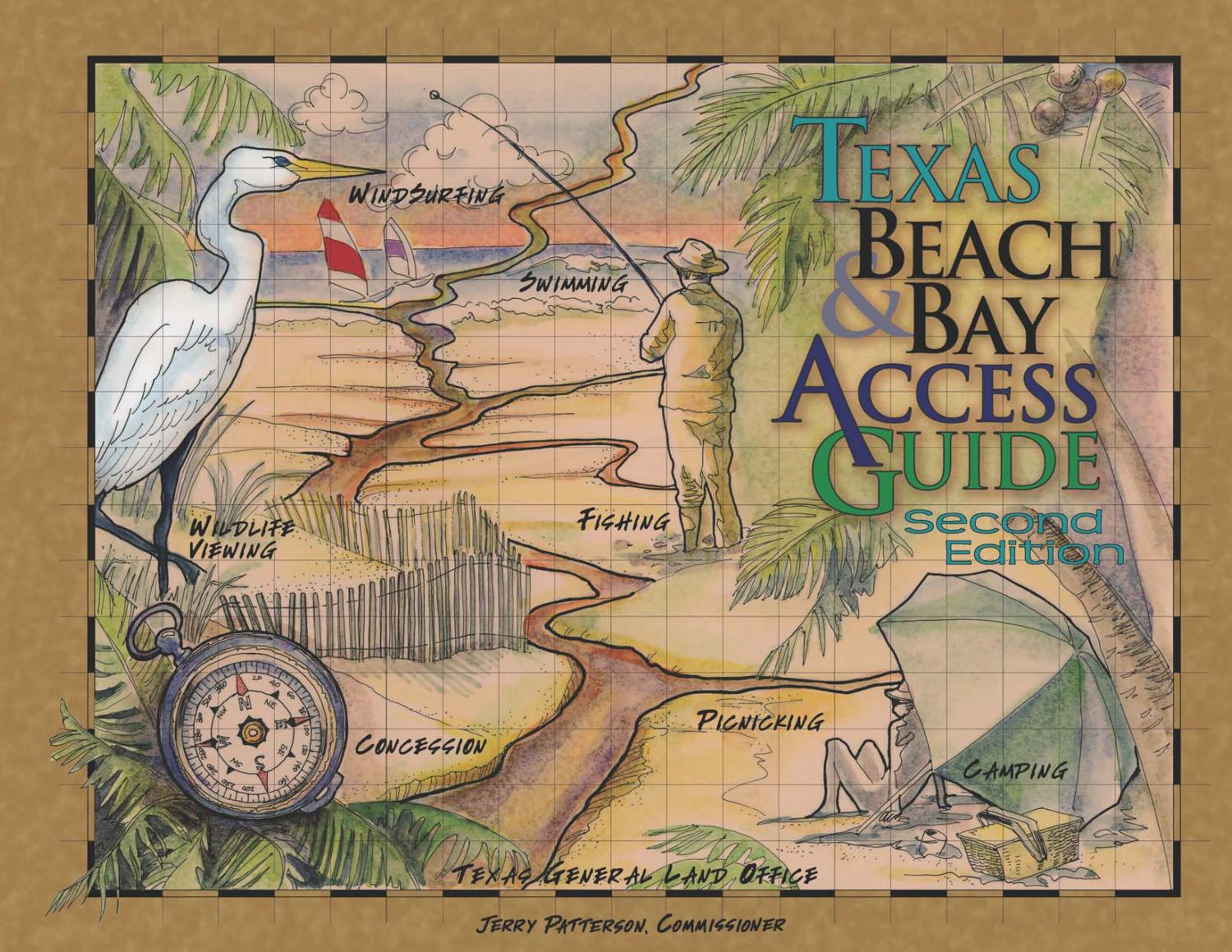Texas Coastal Property Rights
In Texas, public access to Gulf Coast beaches is not just the law, it is a constitutional right.
Walking along the beach in Texas has been a privilege since Texas was a Republic, and the Texas Land Commissioner protects this public right for all Texans by enforcing the Texas Open Beaches Act.
Under the Texas Open Beaches Act the public has the free and unrestricted right to access Texas beaches, which are located on what is commonly referred to as the “wet beach,” from the water to the line of mean high tide.
The dry sandy area that extends from the “wet beach” to the natural line of vegetation is usually privately owned but may be subject to the public beach easement. The line of vegetation may shift due to wind, and wave and tidal actions caused by storms and hurricanes.
Most of the beaches on the Texas coast allow cars on the beach! Only South Padre’s beach is completely off limits for cars, but the public has many access points and parking.
Background
The Texas Legislature passed H.B. 3459, which the governor signed into law June 14, 2013. The new law amends the Texas Open Beaches Act, which means it will influence public beach access.
The Texas Open Beaches Act (“TXOBA”), passed in 1959, protects public access to the 367 miles of Texas coastline along the Gulf of Mexico. The act is a unique codification of rights held by the public in Texas since time immemorial: the right to access and use the area of the beach located between the mean low tide mark and the line of vegetation.
Expressing these rights, the law states that the public:
“…shall have the free and unrestricted right of ingress and egress to and from the state-owned beaches bordering on the seaward shore of the Gulf of Mexico, or if the public has acquired a right of use or easement to or over an area by prescription, dedication, or has retained a right by virtue of continuous right in the public, the public shall have the free and unrestricted right of ingress and egress to the larger area extending from the line of mean low tide to the line of vegetation bordering on the Gulf of Mexico.”
Where is the Boundary?
Mean high tide is determined by finding the mean of all the daily high tides over a period of 18.6 years, which is the length of the periodic astronomical cycle that affects the tides.
Can a Landowner Exclude the Public?
According to these rules, a landowner owns the beachfront to the line of mean high tide or mean higher high tide, depending on whether the original grant was a common law grant or a civil law grant. The state, then, owns the submerged land and the wet beach. The dry beach, from the applicable high-water line to the line of vegetation, is owned by the upland landowner.
What about the public’s right to access the beach? The Texas Legislature enacted the Open Beaches Act as a means of enforcing the rights of the public (where and if they existed) to access and use Texas Gulf beaches, even where they were privately owned.
- The act, as amended, declares that Texas’ public policy is that the public, individually and collectively, shall have the free and unrestricted right of ingress and egress to and from the state-owned beaches bordering on the seaward shore of the Gulf of Mexico.
- It also declares that if the public has acquired a right of use or easement to or over an area by prescription or dedication or has retained a right by virtue of continuous right in the public, the public shall have the free and unrestricted right of ingress and egress to the entire beach, including the privately owned dry beach.
Addendum for Coastal Property
Section 61.025 of the Texas Natural Resources Code requires a statutory disclosure to be provided to purchasers of land located seaward of the Gulf Intracoastal Waterway. The disclosure notifies the buyer of certain risks involved in purchasing real property near a beach.
Texas has its share of oceanfront property with its undeniable allure. “From the front porch you can see the sea.” The nature of its boundaries, however, and the potential rights of the public, offer specific risks and questions of law that should be considered.
Article by Rusty Adams (Nov 7, 2022), Texas Real Estate Research Center at Texas A&M University


